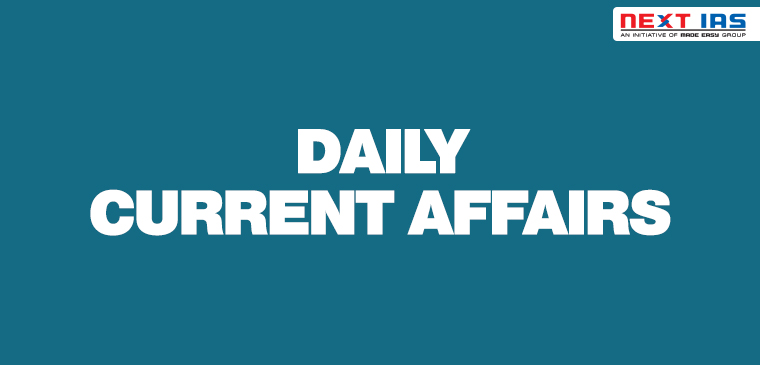
In News: The First High-Level Dialogue (HLD) as agreed under 15th India-EU Leaders Summit, 2020 was held on 5th Jan 2021.
Key Outcomes:
- Both emphasised the need to deepen global cooperation and solidarity via regular engagement in the Post COVID era.
- Next meeting in 3 months with the aim to arrive at a consensus on different bilateral trade and investment relations viz. bilateral Regulatory Dialogue; an India-EU Multilateral Dialogue.
- Both decided to reinvigorate the renewed India-EU commercial and Economic Partnership to achieve full potential.
Challenges Ahead:
For a successful India-EU trade pact both need to be harmonious, strong and stable but the situation seems a bit different. Few challenges are as listed below:
- Reasons behind the failure of the previous Comprehensive Free Trade Agreement, 2007 are still the same. The mutual differences are over issues like
- The movement of professionals, labour, human rights and environmental issues
- India’s high tariffs, inconsistent tax regime and non-payment of arbitral awards.
- Brexit: Before Brexit, the EU had GDP equal to the USA and was one of the major trade partners of India. Now, the EU is relatively weak.
- Further 3 major challenges which may weaken the EU and in turn hamper prospects of India-EU Deal are as follows
- Turbulent situation in the European Union:
- Internal Discord: After a long negotiation, the EU was able to take Hungary and Poland onboard for COVID-19 recovery package of USD 2 trillion.
- Euroscepticism: Many countries have soon coming elections and eurozone and migration crises and implementing COVID-19 lockdowns may be a major issue raised. It will further destabilise the unity of the EU.
- Further, sentiments against Islam and anti-secular migrants may create trouble.
- No agreement over Security and Defence: France wants more autonomy while Germany, Netherlands and Portugal want to rely on NATO.
- International Scenario: The key driver over here was Trump’s Policies.
- It forced the EU to relook into its self reliance in Defence, Economy, Security and Supply chains.
- Turkey, China, Russia and Iran have flouted different Treaty Rules due to Trump’s Foreign Policies.
- COVID-19 crisis
- Netherlands saw riots first time in the last 40 years
- Divisive Vaccine Nationalism and few initial restrictions by Germany and France on the export of PPE kits has created a mutual distrust.
- Anticipated 60% shortfall in vaccine procurement is challenging an already turbulent EU.
- Turbulent situation in the European Union:
Way Forward:
As said by John Adams, “every problem is an opportunity in disguise”, India should climb up the scenario in pursuit to strengthen and maintain Europe’s unity and integrity.
- India can help the EU by sending its own Indigenous Vaccines.
- India should also seek technology transfer and deeper defence and economic tie-ups with Europe to diversify the supply chain of the EU.
- India can also pose as a soft power with the example of Unity in Diversity.
India can be a great player in ensuring the EU’s solidarity and hence the trade deal will be mutually beneficial and should be forwarded with enormous political will and adroit skill.
|
Background: India EU Relations
Trade & Investment–
Deadlock in Broad-based Trade and Investment Agreement (BTIA):
Sectoral Cooperation–
|
Source: TH





